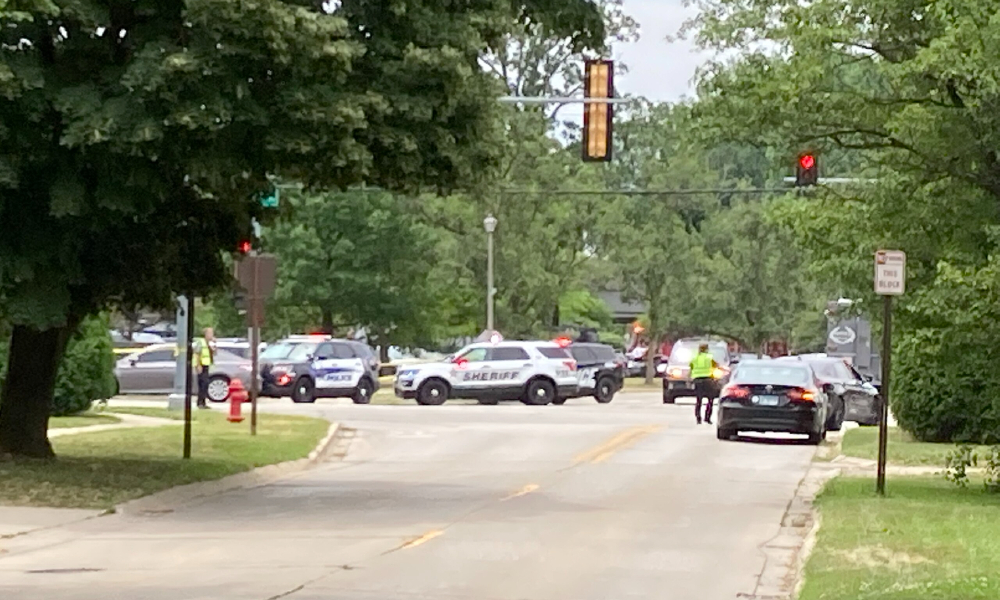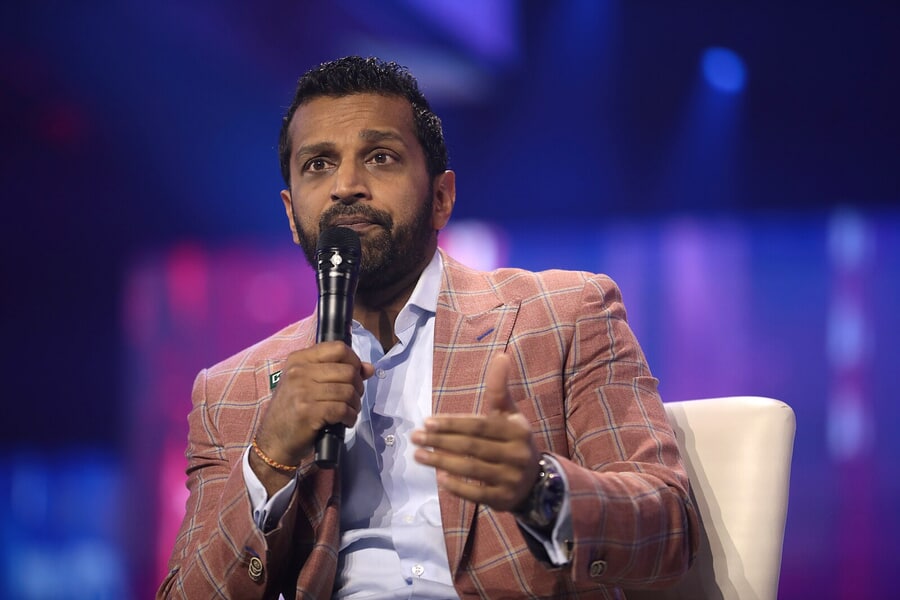Is "The Death of Klinghoffer" Anti-Semitic?
A fight has broken out in New York over an opera: Jewish groups are protesting the Metropolitan Opera's production of a work called The Death of Klinghoffer, which dramatizes the 1985 Achille Lauro hijacking by Palestinian terrorists and the resulting murder of a wheelchair-bound Jewish vacationer named Leon Klinghoffer.
The complaint against the opera?
Published by The Lawfare Institute
in Cooperation With

A fight has broken out in New York over an opera: Jewish groups are protesting the Metropolitan Opera's production of a work called The Death of Klinghoffer, which dramatizes the 1985 Achille Lauro hijacking by Palestinian terrorists and the resulting murder of a wheelchair-bound Jewish vacationer named Leon Klinghoffer.
The complaint against the opera? It supposedly is anti-Semitic and allegedly justifies terrorism.
As readers of this site know, I don't often find myself in emphatic agreement with the New York Times editorial page. But the Times gets this one just about right: "The Met’s board of directors and Peter Gelb, its general manager, are entirely correct in insisting the opera must proceed as planned. . . ."
Unlike many of the protesters, I have actually read the libretto of Death of Klinghoffer. I am pretty confident that the protesters haven't read it, because it's actually not that easy to get one's hands on. As a recent work, it's still under copyright, and I couldn't find the text online. (The opera is by modernist composer John Adams and the libretto is by a woman named Alice Goodman.) I got it by ordering an out-of-print CD of the opera. I suspect that few, if any, of the protesters who are convinced this is propaganda for terror have done similar due diligence and actually bothered to know anything about the work they are protesting. I'm particularly confident on this score, because their complaints utterly lack merit.
The opera---more of an oratorio, really---has drawn ire for several distinct reasons. Some protesters complain that it justifies terrorism. Some complain of its supposed sympathy for the Palestinian narrative of the Palestinian-Israeli conflict. Some complain that specific lines in the libretto reflect Jew-hatred. None of these complaints survives even a cursory reading of Goodman's libretto.
The complaint that specific lines are anti-Semitic is particularly frivolous. Yes, there is a scene in which one of the terrorists says some nasty things about Jews: "You are always complaining of your suffering/But wherever poor men are gathered they can/Find Jews getting fat." But surely Goodman is only being accurate in depicting a group of murderous Palestinian terrorists as harboring anti-Semitic sentiments! One does not kill Jews, after all, because one likes them. Would her critics have preferred that she whitewash the anti-Semitism that does, in fact, animate violence against Jews?
The complaint that the opera justifies terrorism is a little more complicated---but only a little. Yes, it tries to get inside the heads of the various hijackers and what animates them. And yes, it gives them their say about why they are on a ship threatening innocent civilians. But it's hard to imagine an opera's---or a novel's, for that matter---doing otherwise. Palestinian terrorism emerges out of political grievance. That's just a fact, whether one sympathizes with those grievances or not. Are we not supposed to explore terrorists's motives?
The related complaint is, more generally, that the libretto adopts the Palestinian narrative of the conflict, particularly in its opening "Chorus of Exiled Palestinians," which is paired with a subsequent "Chorus of Exiled Jews." The very limited sense in which this complaint rings true is that the exiled Palestinians sing a fairly simple and straightforward account of the Palestinian narrative of the conflict:
My father's house was razedIn nineteen forty-eightWhen the Israelis passedOver our street.. . .Of that house, not a wallIn which a bird might nestWas left to stand. IsraelLaid all to waste.By contrast, the "Chorus of Exiled Jews" is not a political account of the conflict that many Israelis would see as representing them. It's a much more complicated meditation on the relationship between the Jewish people and the land of Israel and the Israeli state. So there is a lack of parallelism here. But so what? The opera is not concerned with the question of why Israelis sometimes do horrible things. It's concerned with a Palestinian shooting of an old man in a wheelchair. Aren't Goodman and Adams entitled to decide in that context that what's most salient to them is different---and more angry and political---in the case of the exiled Palestinians than in the case of the exiled Jews? The purpose of the Chorus of Exiled Palestinians is to set up the political motivation for the hijacking, and it thus reflects an understanding of what happened in 1948 that has motivated a great many Palestinians over time to take up arms and engage in horrid acts of violence. Jewish protesters can delude themselves, if they like, that Palestinians don't feel this way. But they do. And there's nothing wrong with depicting that. For that matter, aren't Goodman and Adams entitled to sympathize with the Palestinian historical narrative even while depicting one of the many horrific murders Palestinians have committed in their struggle? Using choruses of exiles as a way of making contemporary political statements is not a new idea in opera. Indeed, these choruses seem like self-conscious allusions to Verdi's famous "Chorus of the Hebrew Slaves" from his early opera, Nabucco---a chorus that has itself long been understood as an allegorical political statement about Italian disunity and foreign domination. (A few years ago, an Italian senator proposed changing the country's national anthem to this chorus---an idea that I wholeheartedly endorse.) It is very possible to sympathize with Palestinian historical grievance without sympathizing with Palestinian terrorism or hating Jews. I have no opinion about whether The Death of Klinghoffer is a good opera or not. I actually haven't listened to it yet---the text being more important than the music for assessing the allegations against the Met. The libretto is, in many ways, stilted and mechanical and doesn't make me especially curious about the larger work. But it's not anti-Semitic. And it doesn't justify terrorism. And people should chill out about it.
Benjamin Wittes is editor in chief of Lawfare and a Senior Fellow in Governance Studies at the Brookings Institution. He is the author of several books.





